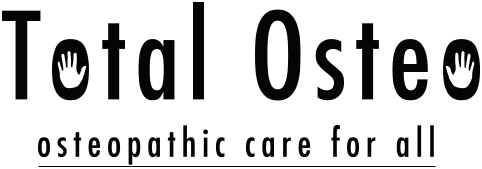A commonly occurring complaint for many people is shoulder pain. Shoulder pain can be caused by a number of conditions, such as:
• A rotator cuff problem where you experience pain in the shoulder or upper arm, particularly when lifting the arm, lying on it or using the sore muscles. It can often result from repetitive overuse of the arm and shoulder during a sport or activity or be the result of an injury to the shoulder. Age can also be a confounding factor.
• Acromioclavicular joint pain appears as joint pain at tip of the shoulder where the collarbone and shoulder blade join.
• Frozen shoulder or adhesive capsulitis is progressive and can take a long time to resolve, the time can be reduced with treatment. Frozen shoulder is a painful and gradual stiffening of the shoulder capsule (the tissue that surrounds your shoulder joint) and the shoulder will often become so stiff and painful that it limits your ability to carry out everyday activities with your arm.
• Referred shoulder pain occurs when you experience pain in the shoulder as a result of an injury or problem in another associated area of the body, usually from the neck or upper back.
• Osteoarthritis is the progressive wearing away of the cartilage of the joint leading to the two bones of the joint rubbing together causing pain. If you have had previous trauma or shoulder surgery you are more likely to develop osteoarthritis in later life. Symptoms can include swelling, stiffness, aching and sharp, stabbing pains.
• Shoulder instability occurs after a dislocation or excessive movement of the shoulder joint which causes an over stretch of the supporting ligaments.
Treatment is different for each individual we may apply massage to improve muscle function and release tension or loosen the joints of the neck and upper back and shoulder blade area, and sometimes the low back and hips if we feel they are contributing to the problem causing your shoulder pain.
As part of our individualised management plan for you we will offer specific strengthening or loosening exercises for the shoulder and offer advice on posture and look at how you use your shoulder and any lifestyle habits that may be contributing to your shoulder problem.
When necessary we will refer you for X-rays, scans or other tests to make a diagnosis and we may refer you to your GP or a specialist for any further treatment.


